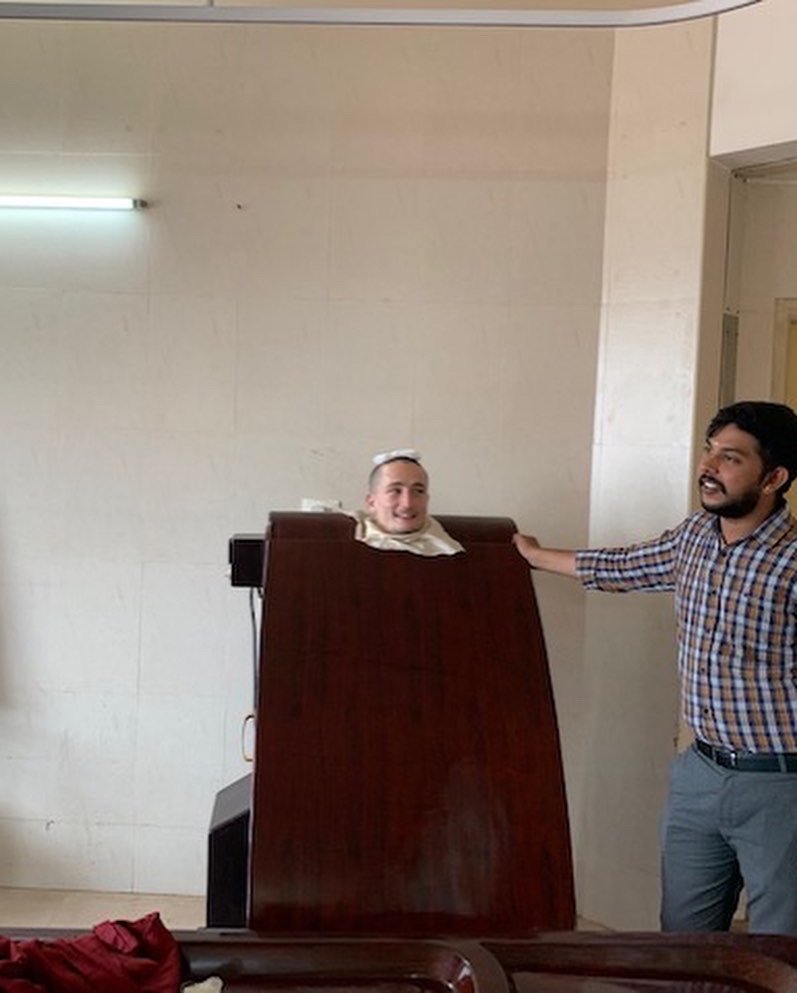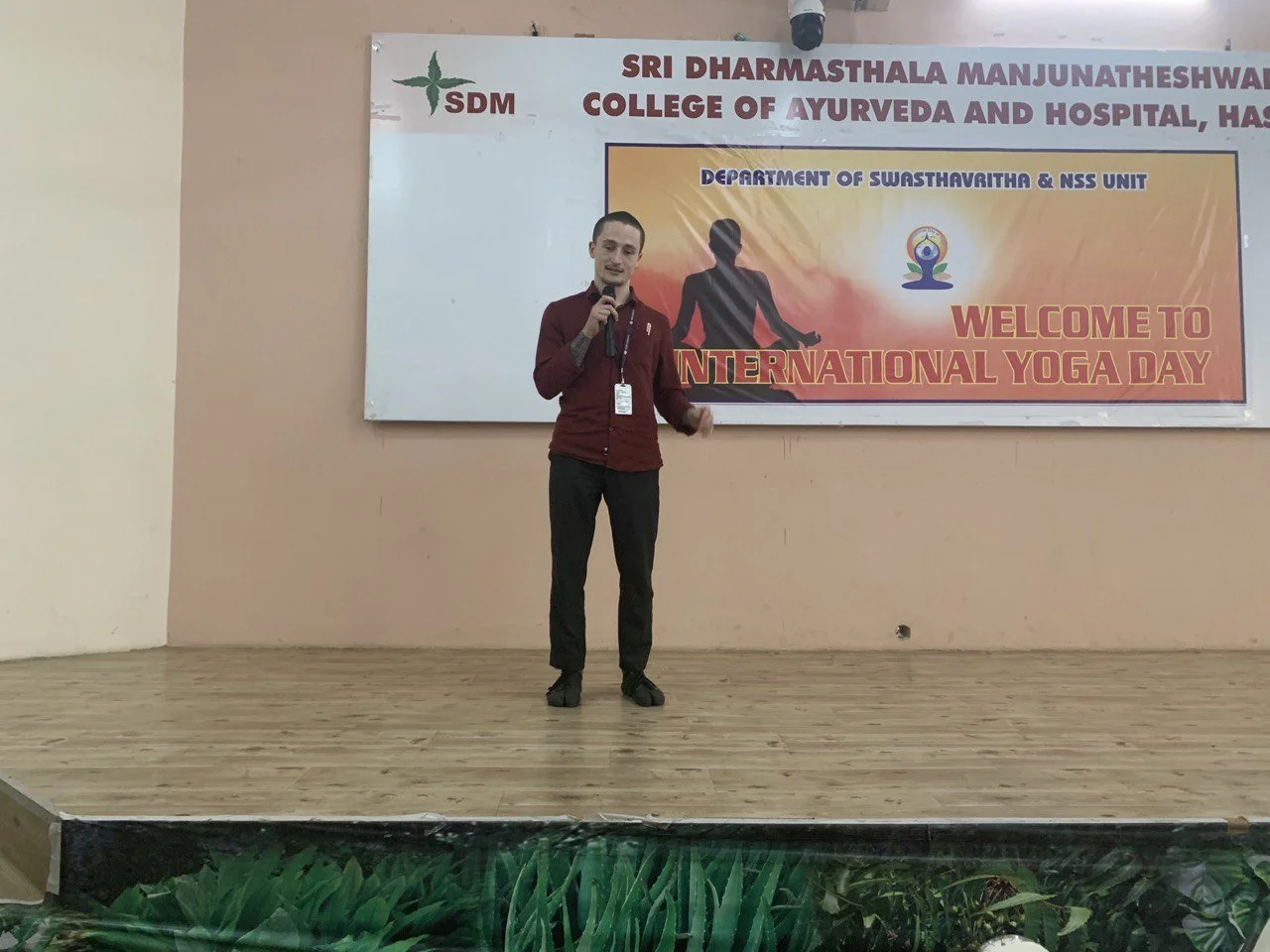
Redefining health
Ayurveda (the Science of Life - 3,000+ years old) originates in India and was developed alongside Yoga. Ayurveda is not naturopathy or homeopathy. Contrary to popular belief, it is a legitimate form of medicine still widely practiced in India today. We do not simply prescribe a few herbs and tell people to relax and meditate, it’s much deeper than that! I have observed that Ayurveda, health and wellness are often misinterpreted despite their potential to perform miracles. This has given me the passion to confront deeply rooted beliefs on these subjects (check my instagram for more info!).
Ayurveda considers body, mind and the transpersonal or spiritual, to be of equal importance. This means that if issues do manifest (often from failing to understand and integrate a holistic life), we do not merely aim to treat the symptom. Ayurveda considers every aspect of your life to find the root cause of the issue, while making to provide you with information to prevent it from happening again.

What is health? The Oxford dictionary defines health as- “the state of being free from illness and injury”. It is clear from this definition that there is a focus on the absence of disease, but not health itself. According to Ayurveda, there are many stages before issues actually manifest. Therefore, preventing them from occurring in the first place plays an important role. We do this by finding steadiness through holistic living and self-regulation.
In practice? Following ‘dinacharya’ and ‘rtucharya’ (daily and seasonal regimens based around the cycles of nature), taking ‘rasayanas’ (rejuvinative herbs), understanding and tuning into our bodies and learning to self-regulate our nervous systems through the numerous yogic practices, but above all: a care adapted for the individual- no issue and no person is the same, thus they will always be attended to differently.
During my studies in Ayurvedic hospitals in India, I saw that in practice, yoga and Ayurveda formed a complete system, while in Europe we are used to treating them as independent practices. I decided to follow this ancient tradition in my way of working. A wide range of diseases were treated successfully, without the unwanted side effects and temporary results that we unfortunately often see in the west.
I believe that Ayurveda and yoga, if practiced properly, are a gift for us all. Slowly they are becoming more accepted as emerging research begins to develop and “prove” through western lenses, what thousands of years of wisdom and clinical trials have already laid out.
So why Ayurveda? Ayurveda considers every aspect of your being. It looks at removing the root cause of the issue, not mere symptoms. It is a highly individualised approach which extensively informs us on preventative care to avoid issues manifesting in the first place. Health, in an Ayurvedic perspective, extends further than the individual and their symptoms, hence why it is more than a science- it is a way of life.



